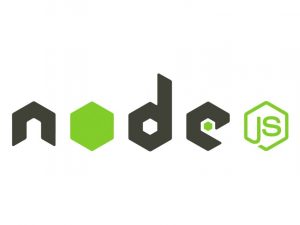Introduction
Testing is a critical aspect of software development to ensure that your application behaves as expected and continues to work correctly as you make changes. In the Node.js ecosystem, Mocha is a popular testing framework that provides a flexible and developer-friendly approach to writing tests.
1. Installation and Setup
Before you begin, ensure you have Node.js and npm installed on your machine. You can install Mocha globally or as a dev dependency in your project:
npm install --save-dev mochaCreate a test directory in your project where you’ll store your test files.
2. Writing Test Suites and Test Cases
Create a test file within your test directory. Test files typically have the suffix .test.js or .spec.js. Here’s an example of a simple test file:
3. Running Tests
To run your tests, execute the following command in your terminal:
npx mochaMocha will search for test files in the test directory and execute them.
4. Using Assertions
Mocha itself doesn’t include assertion functions, so you can use Node.js built-in assert module or any assertion library like Chai. Here’s how you can use Chai:
npm install --save-dev chai5. Asynchronous Testing
Testing asynchronous code is common in Node.js applications. Mocha provides support for testing asynchronous code using callbacks, Promises, or async/await.
6. Hooks
Mocha provides hooks that allow you to run code before or after tests. Common hooks include before, beforeEach, after, and afterEach.
7. Running Tests with npm Scripts
You can configure npm scripts to simplify running your tests:
Now you can run your tests with:
npm testConclusion
In this tutorial, you learned how to use Mocha, a flexible testing framework for Node.js applications. You learned how to write test suites and test cases, run tests, use assertions, handle asynchronous code, work with hooks, and integrate Mocha with npm scripts. With this knowledge, you’re well-equipped to write tests and ensure the quality and reliability of your Node.js applications.


